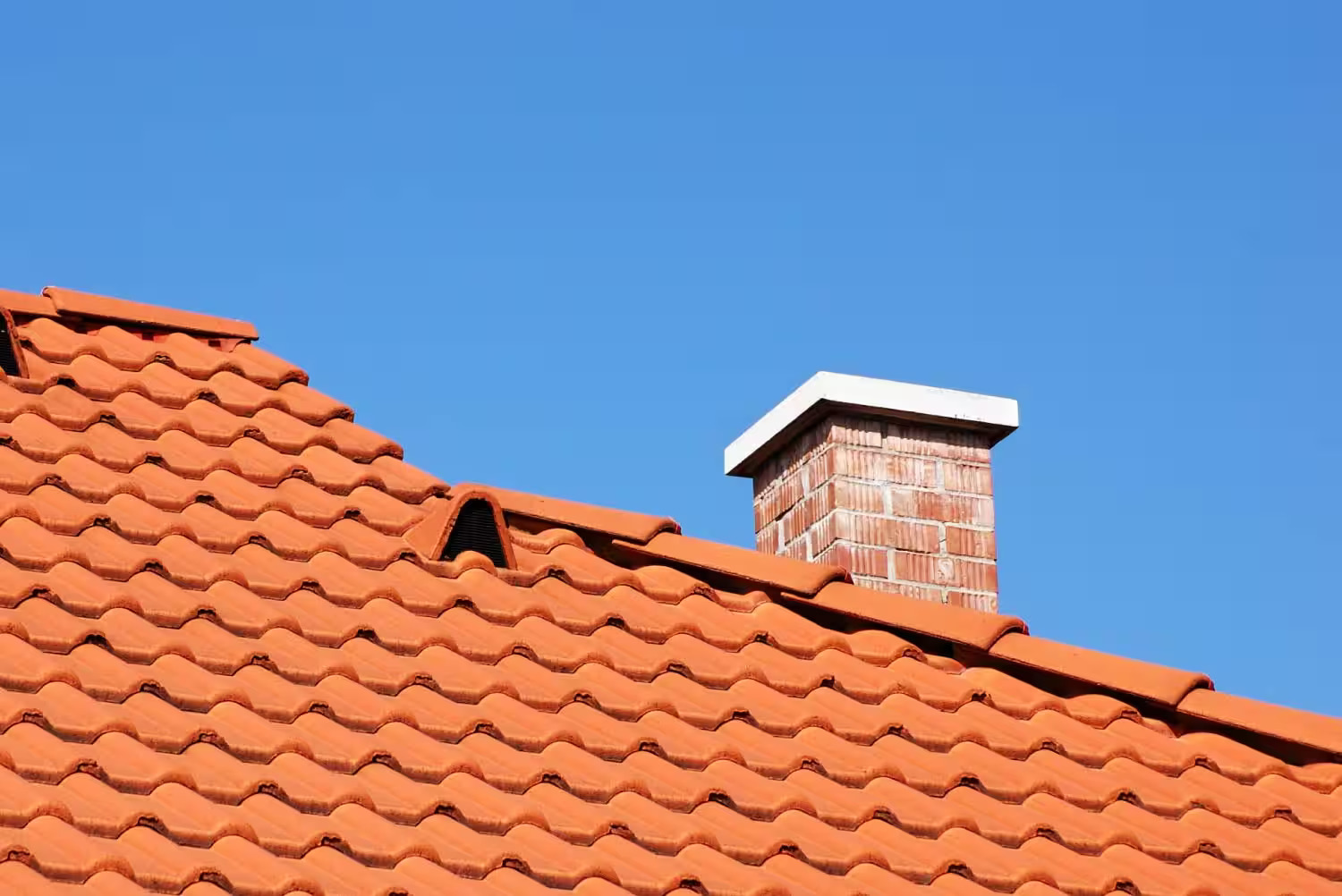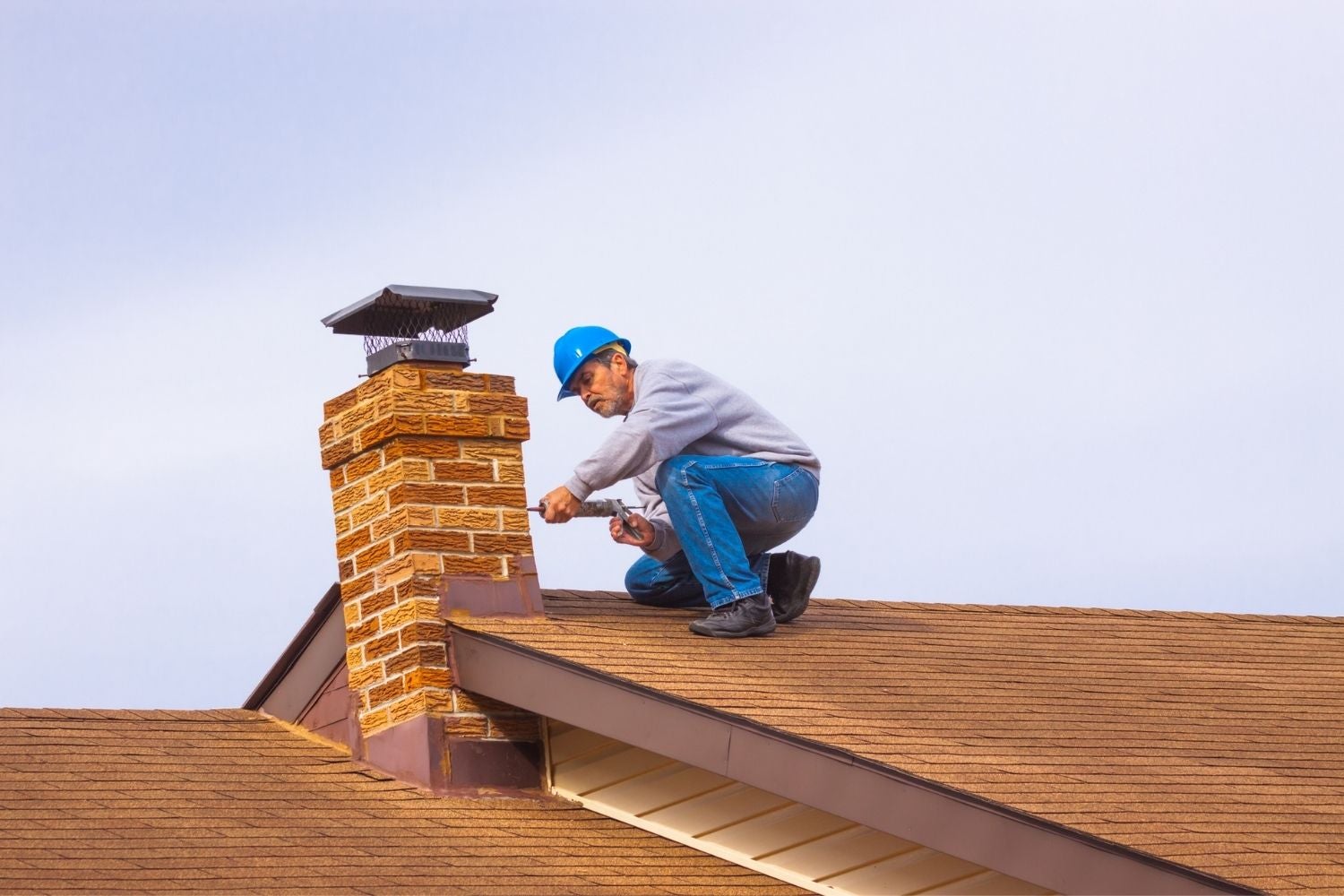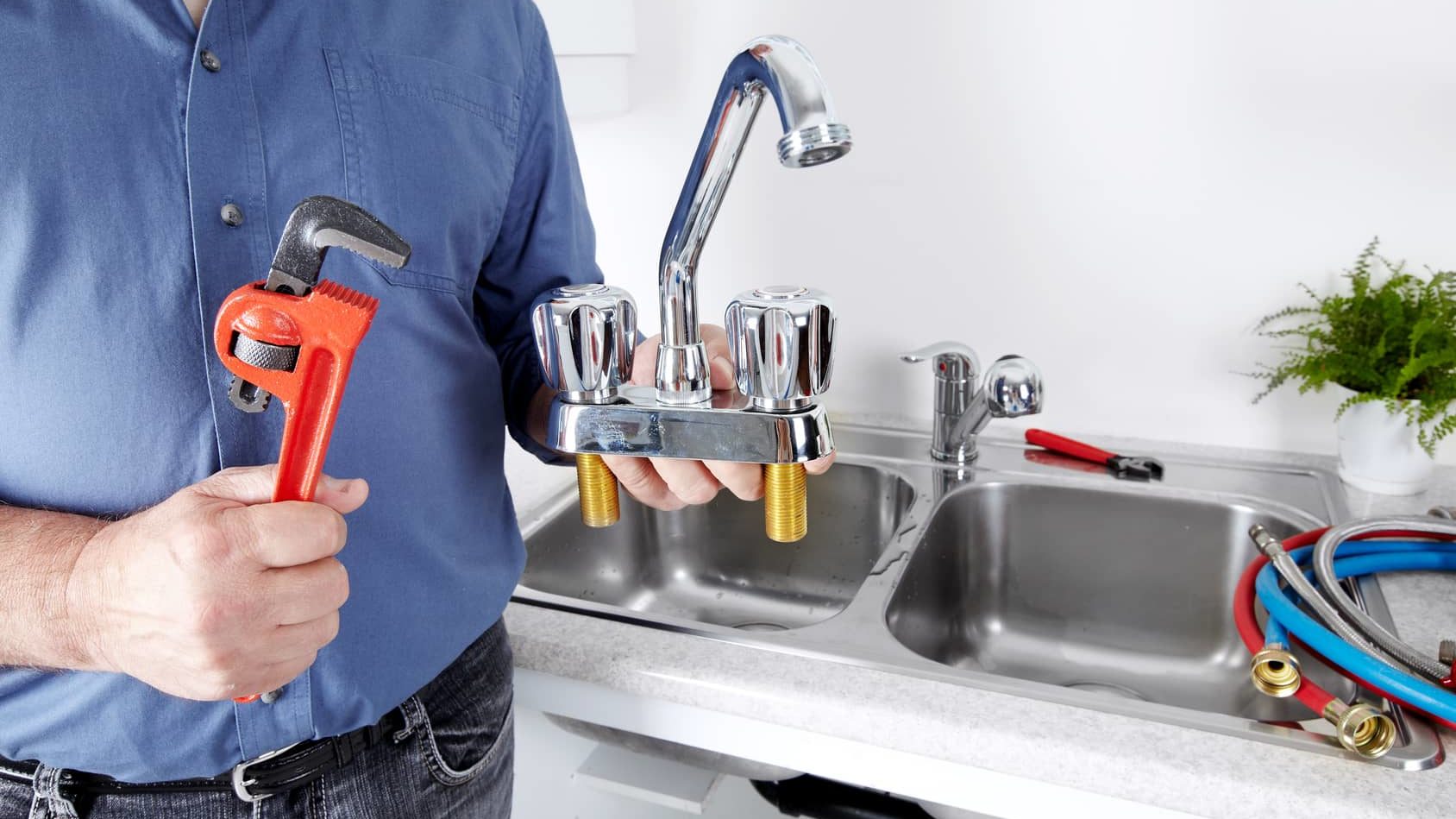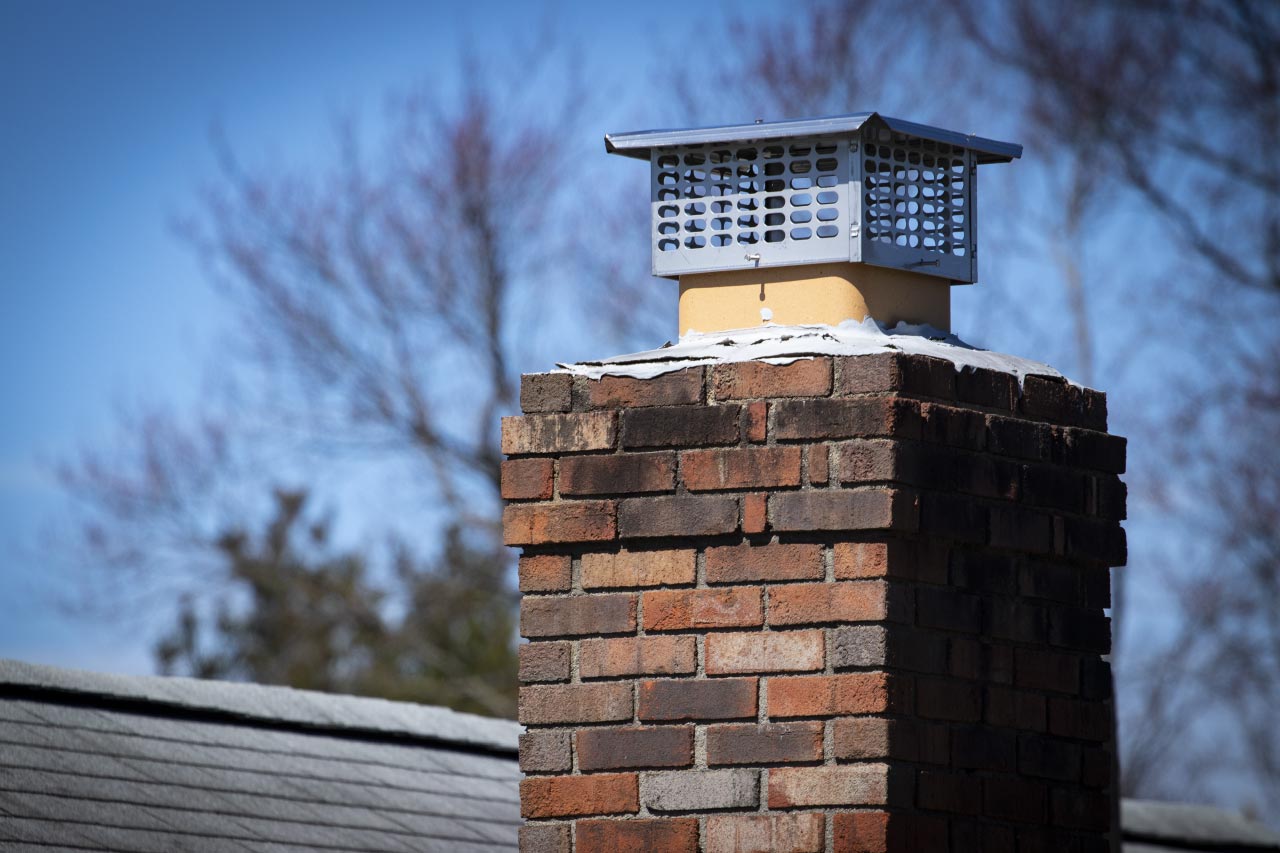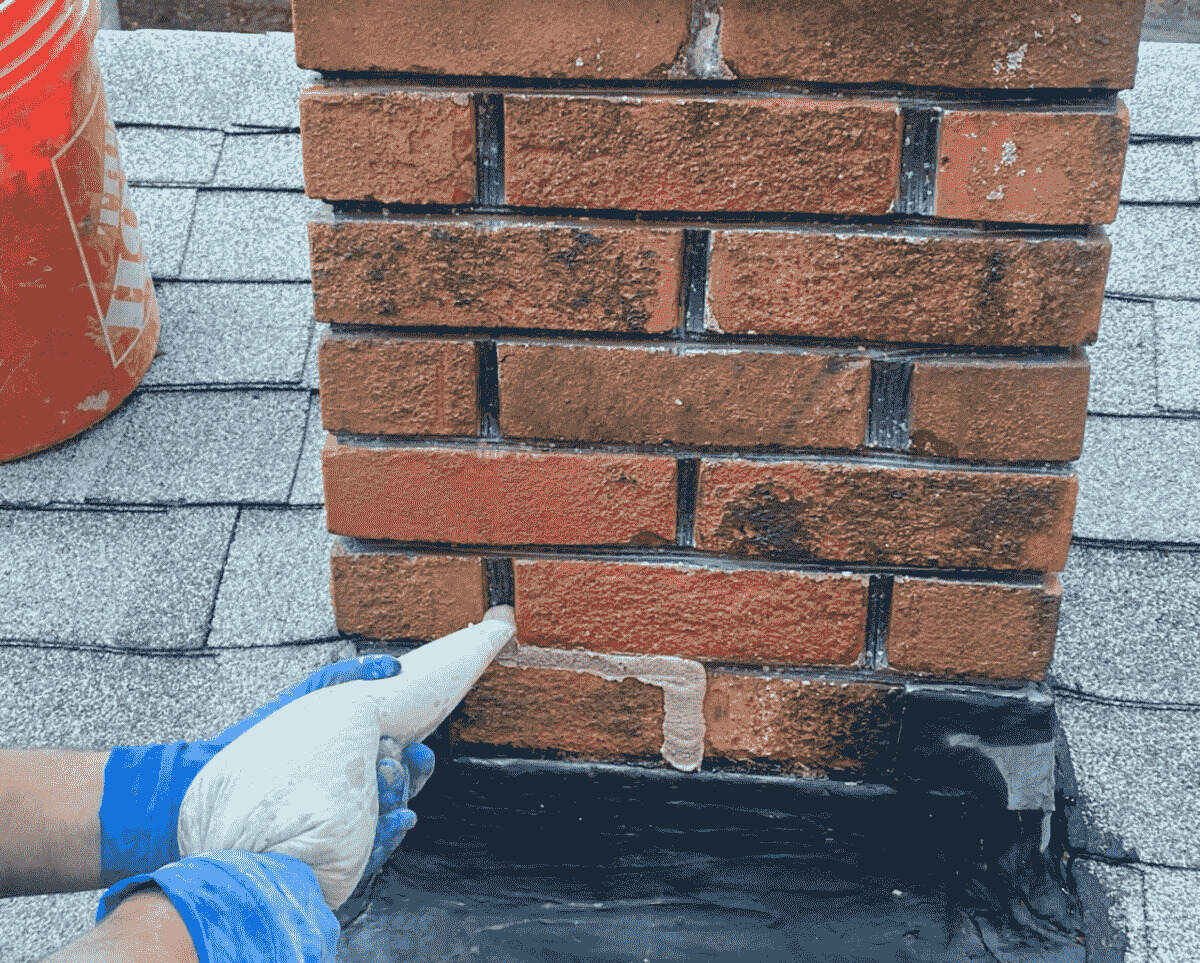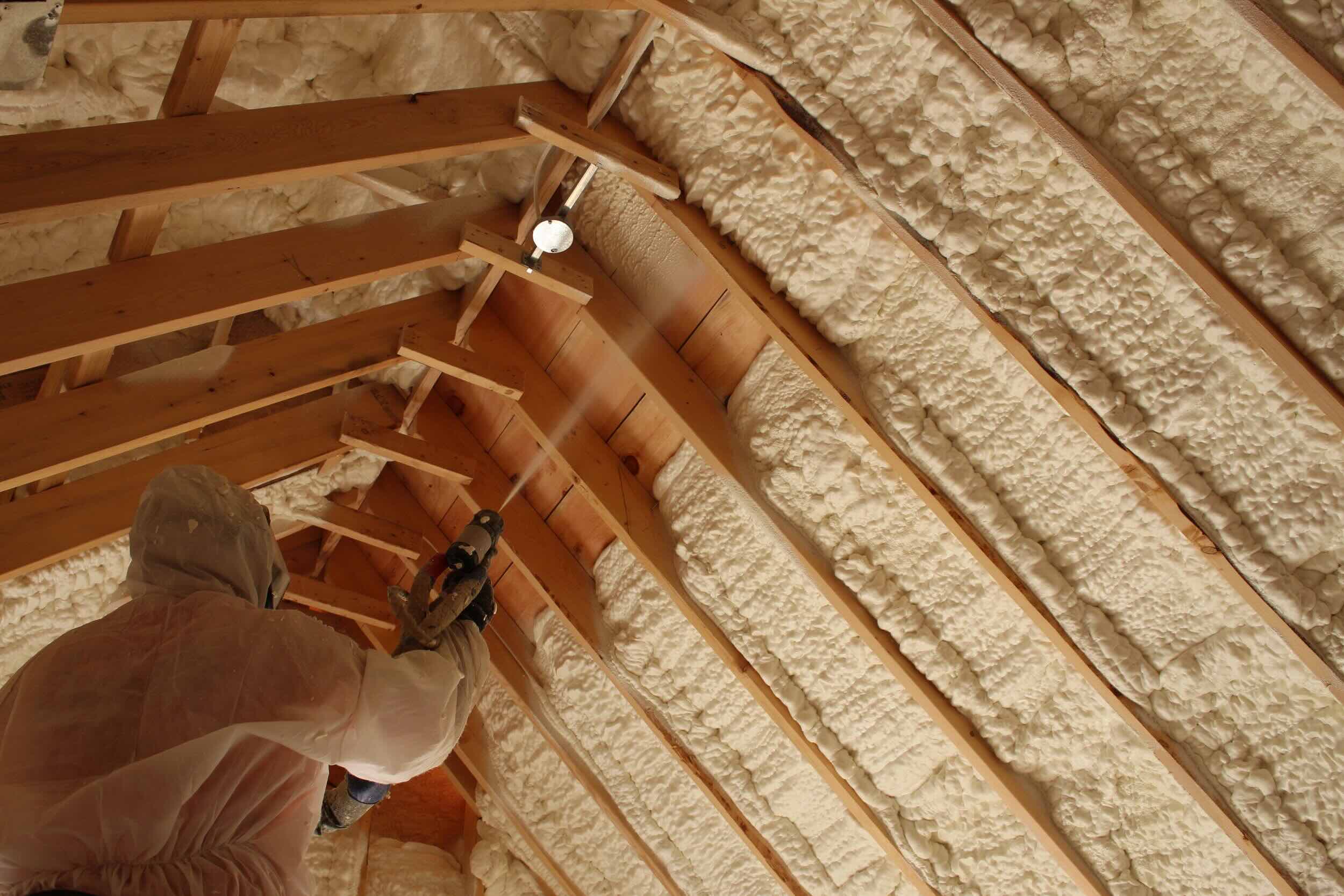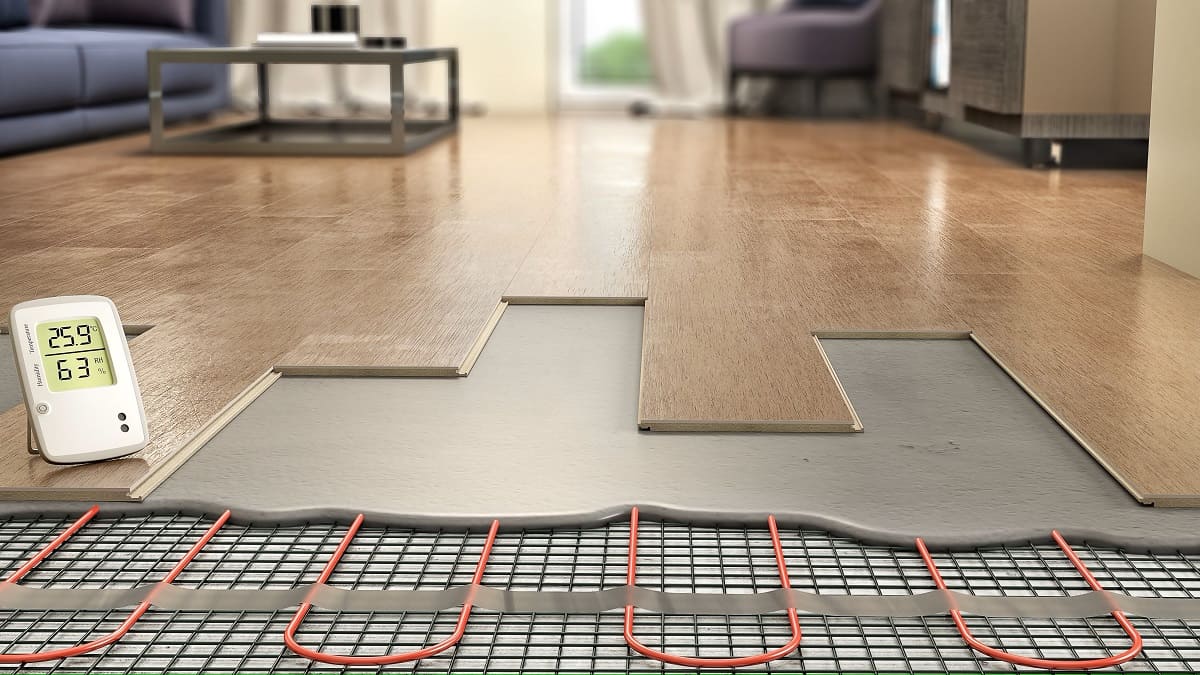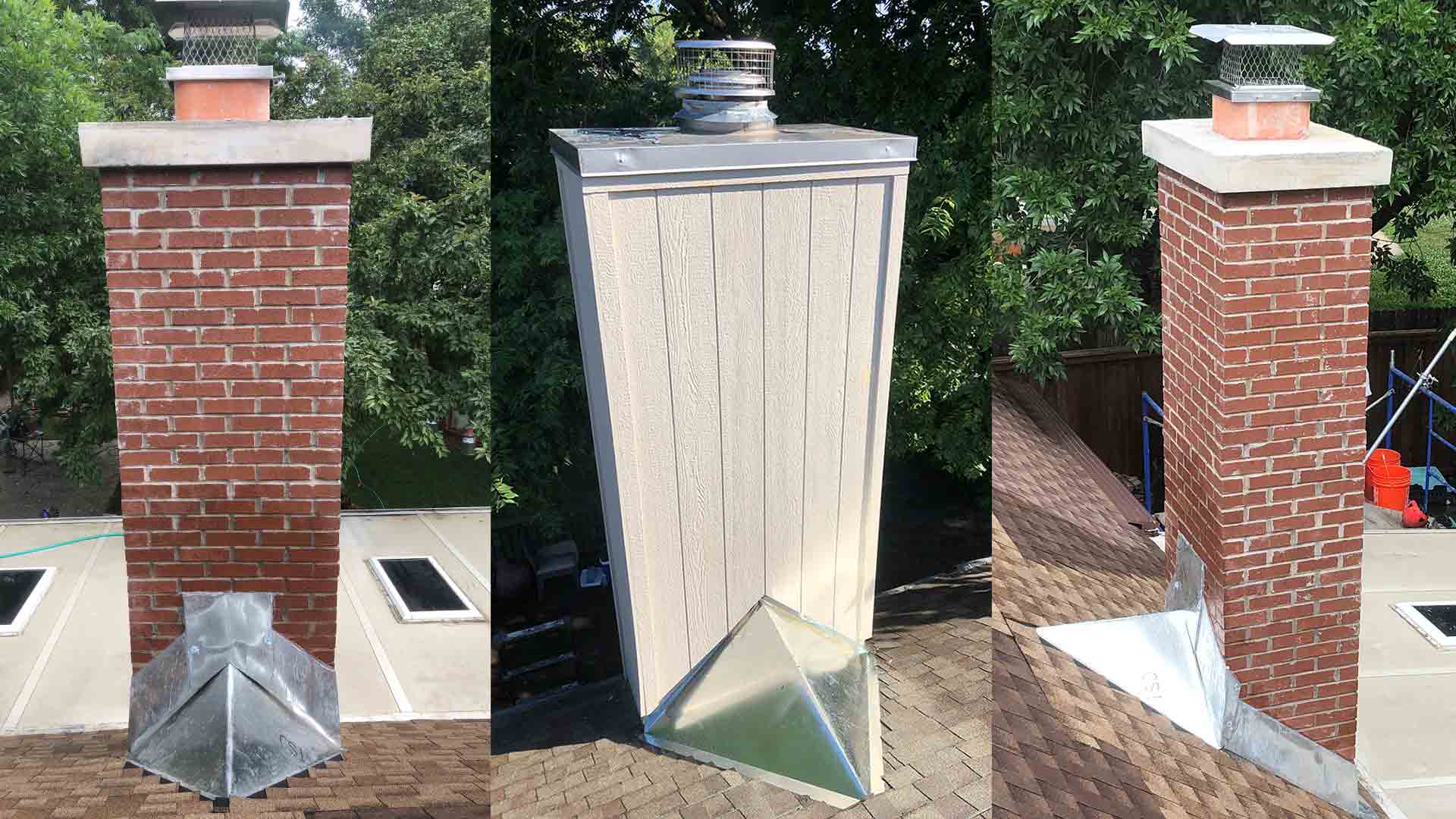Home>Home Maintenance>How Much Does Carpet Repair Cost
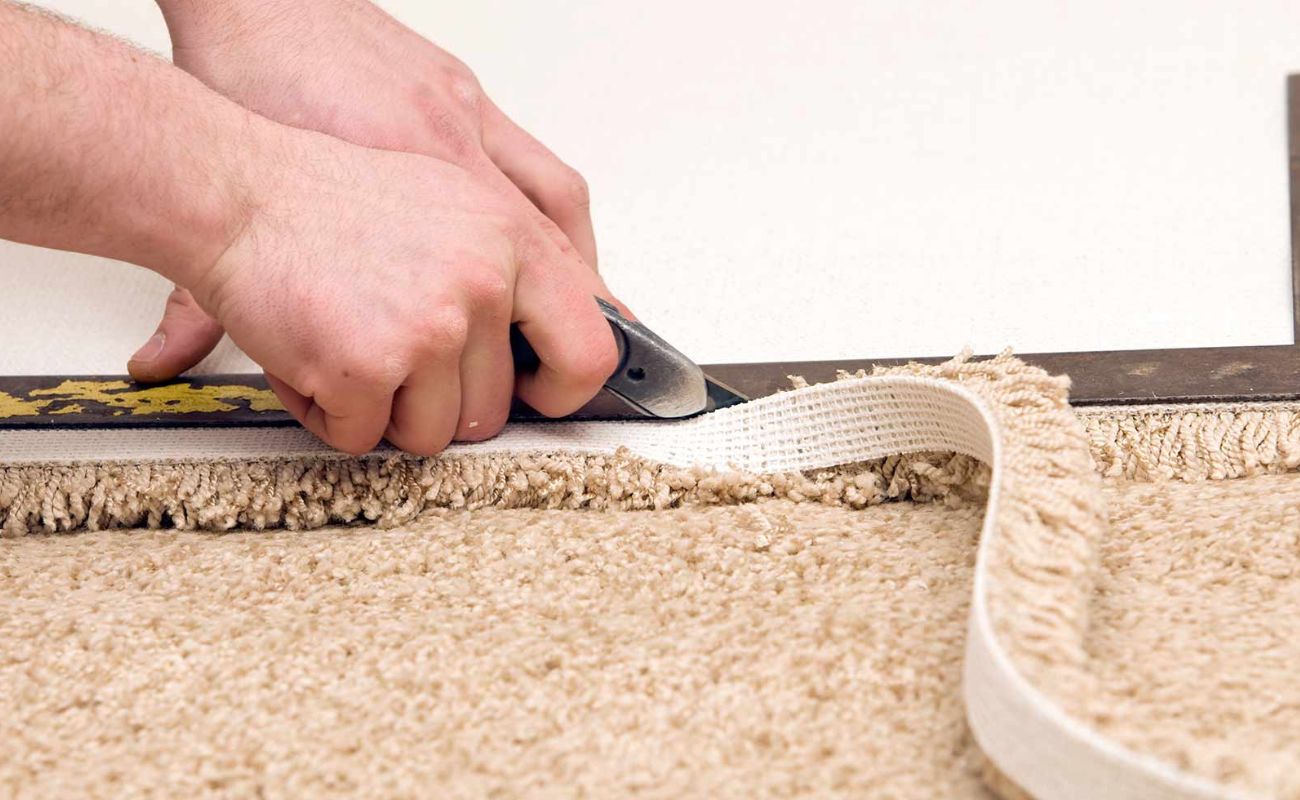

Home Maintenance
How Much Does Carpet Repair Cost
Modified: March 6, 2024
Looking for carpet repair cost? Find out how much it will cost you to repair your carpet at home with our home maintenance services.
(Many of the links in this article redirect to a specific reviewed product. Your purchase of these products through affiliate links helps to generate commission for Storables.com, at no extra cost. Learn more)
Introduction
Welcome to our comprehensive guide on carpet repair costs. Carpets are a popular flooring option in many homes, providing comfort, insulation, and aesthetics. However, over time, carpets can become damaged, whether it’s due to wear and tear, accidents, or other factors. Carpet repair is essential to prolong the lifespan of your carpet and restore its appearance.
Carpet repair costs can vary depending on several factors such as the extent of the damage, the type of repair needed, and whether you choose to hire professionals or take the DIY route. In this article, we will explore the various factors that can affect carpet repair costs, common types of carpet repairs, and whether it’s more cost-effective to hire professionals or do it yourself.
It’s important to note that while repairing a damaged carpet can save you money compared to replacing it entirely, the cost of repair will depend on the severity of the damage. Minor repairs may only require a small investment, while extensive damage may require more extensive repairs and a higher cost.
So, if you’re wondering how much carpet repair will cost you, keep reading as we dive into the different factors that can impact the cost, the most common carpet repair services, and tips for saving money on carpet repair.
Key Takeaways:
- Carpet repair costs vary based on factors like damage severity, type of repair, and carpet material. It’s essential to consider additional expenses like disposal fees and furniture moving when budgeting for repairs.
- Comparing quotes, considering DIY for minor repairs, and investing in preventive measures can help save money on carpet repair. Proper care and timely repairs can maintain your carpet’s beauty and functionality for years.
Read more: How Much Does It Cost To Install Carpet?
Factors Affecting Carpet Repair Cost
When determining the cost of carpet repair, several factors come into play. Understanding these factors can give you an idea of what to expect when budgeting for your carpet repair project. Here are the main factors that can affect the cost:
- Extent of Damage: The severity and extent of the damage to your carpet will be a significant factor in the repair cost. Minor issues like small tears or loose seams may be less expensive to repair compared to larger or more complex problems like major stains, burns, or extensive wear and tear.
- Type of Damage: Different types of damage require different repair techniques, materials, and expertise. Common types of carpet damage include stains, burns, pet damage, water damage, and structural damage. Each repair may have its own associated costs based on the materials and labor required.
- Carpet Material: The type of carpet material can also impact the repair cost. Carpets come in a variety of materials such as nylon, polyester, wool, or a blend of these. Some materials may be more difficult to repair or require specialized techniques, which can increase the overall cost.
- Area Size: The size of the damaged area will affect the cost. If the damage is restricted to a small section, the repair will be less expensive than repairing a larger area or the entire carpet. Professionals often charge per square foot, so the larger the repair area, the higher the cost.
- Accessibility and Location: The accessibility and location of the damaged area can also impact the repair cost. If the damaged section is in an easily accessible area, the repair may be less complicated and time-consuming, resulting in lower costs. However, if the damaged section is in a hard-to-reach area or requires furniture moving, the cost may be higher.
- Additional Services: Depending on the nature of the damage, additional services may be required. For example, if the carpet has water damage, it may need to be dried and treated for mold or mildew, which can add to the overall cost. Similarly, if the carpet needs to be stretched or reinstalled, these additional services will incur extra charges.
Keep in mind that these factors are not exhaustive, and other variables may influence the final cost. It’s best to consult with a professional carpet repair service to receive an accurate assessment of the repairs needed and their associated costs.
Common Carpet Repair Services and Costs
Carpet repair services can address a variety of issues, ranging from minor repairs to more extensive damage. Below are some of the most common carpet repair services along with their estimated costs:
- Carpet Patching: If you have a localized area of damage, such as a burn mark or stain, carpet patching can be a cost-effective solution. The damaged section is cut out and replaced with a patch of matching carpet. The approximate cost for carpet patching ranges from $100 to $300, depending on the size and complexity of the patch.
- Carpet Stretching: Over time, carpets can develop wrinkles or loosen due to regular foot traffic or poor installation. Carpet stretching involves using specialized tools to stretch the carpet tightly and reattach it to the underlying floor. The cost for carpet stretching averages between $100 and $250, depending on the size of the area.
- Carpet Seam Repair: Over time, carpet seams may loosen or become damaged, leading to visible gaps or fraying. Carpet seam repair involves rejoining or replacing the damaged seams using specialized adhesives and techniques. The cost for repairing carpet seams typically ranges from $75 to $200, depending on the extent of the repair.
- Carpet Cleaning and Stain Removal: If your carpet has accumulated dirt, stains, or odors, professional cleaning services can help refresh its appearance. The cost for carpet cleaning varies depending on factors such as the size of the area, the type of cleaning method used (steam cleaning, dry cleaning, etc.), and any additional treatments for stubborn stains. On average, professional carpet cleaning can cost anywhere from $100 to $300.
- Carpet Pad Replacement: The carpet pad, also known as the underlay, provides cushioning and insulation beneath the carpet. If the pad becomes damaged due to water leakage or wear and tear, it may need to be replaced. The cost of carpet pad replacement ranges from $1 to $3 per square foot, depending on the type and quality of the pad.
Keep in mind that these are estimated costs and can vary depending on various factors such as your location, the specific service provider, the complexity of the repair, and any additional services required. It’s recommended to obtain multiple quotes from reliable carpet repair professionals to get a more accurate cost estimate for your specific repair needs.
DIY Carpet Repair vs. Professional Carpet Repair Costs
When it comes to carpet repair, you have the option to either tackle the repairs yourself or hire a professional carpet repair service. Both options have their pros and cons, and the choice ultimately depends on your budget, the extent of the damage, and your level of DIY expertise.
Let’s explore the costs associated with DIY carpet repair versus professional carpet repair:
DIY Carpet Repair:
DIY carpet repair can be a cost-effective solution if you have the necessary skills and tools. It’s important to keep in mind that DIY repairs are typically best suited for minor issues like small tears, loose seams, or simple stain removal. The cost of DIY carpet repair will typically involve the following expenses:
- The cost of purchasing or renting specialized tools and equipment. These can include carpet knives, patching materials, carpet adhesive, stretching tools, and more.
- The cost of purchasing replacement carpet or patching material, if required.
- The cost of cleaning products or stain removal solutions, if applicable.
While DIY repairs may seem more cost-effective upfront, it’s important to consider the potential risks. Without proper knowledge and experience, DIY repairs can result in further damage, requiring more extensive and costly repairs in the long run.
Professional Carpet Repair:
Hiring a professional carpet repair service ensures that the repairs are done correctly and professionally. The cost of professional carpet repair will depend on the specific services required and the extent of the damage. While the cost may be higher compared to DIY, there are several advantages to hiring professionals:
- Professional expertise and experience in assessing and repairing carpet damage.
- Access to specialized tools, equipment, and high-quality materials.
- Efficient and timely completion of the repairs.
- Potential warranty or guarantee on the work done.
The cost of professional carpet repair can vary depending on the service provider, your location, and the complexity of the repairs needed. It’s recommended to obtain quotes from multiple reputable carpet repair companies to compare costs and services.
Ultimately, the decision between DIY and professional carpet repair will depend on your comfort level, budget, and the severity of the damage. While DIY may be suitable for minor repairs, it’s often advisable to consult with professionals for larger or more complex carpet repair projects to ensure optimal results and avoid potential costly mistakes.
When considering the cost of carpet repair, it’s important to factor in the extent of the damage, the type of carpet, and the labor involved. Small repairs may cost around $100, while larger repairs or replacements can range from $200 to $1,000. Always get a few quotes from different professionals to ensure you’re getting a fair price.
Additional Costs to Consider
When budgeting for carpet repair, it’s important to consider any additional costs that may arise during the process. These additional costs can vary depending on your specific situation and the nature of the repairs needed. Here are some common additional costs to consider:
- Disposal Fees: If the damaged carpet or padding needs to be replaced entirely, you may incur disposal fees to properly dispose of the old materials. Check with your local waste management facility to understand any applicable fees.
- Furniture Moving: If the damaged area is located underneath furniture, you may need to arrange for furniture moving services. This can incur additional charges, especially for larger or heavier pieces of furniture.
- Subfloor Repair: In some cases, carpet damage may reveal underlying subfloor issues, such as water damage or structural problems. Repairing the subfloor may be necessary before the carpet repair can be completed. The cost of subfloor repair will depend on the extent of the damage and the materials needed.
- Extra Services: Depending on the nature of the damage, you may require additional services such as carpet cleaning, odor removal, or stain protection treatment. These services can add to the overall cost, so it’s important to factor them into your budget.
- Travel Charges: If you live in a remote area or outside of a service provider’s regular coverage area, you may incur additional travel charges. Discuss this with the carpet repair professional beforehand to understand any potential additional costs.
- Future Maintenance: Once the repair is complete, it’s essential to maintain and care for your carpet properly to prevent future damage. This can include regular vacuuming, prompt stain removal, and periodic professional cleaning. Consider these ongoing maintenance costs when planning for carpet repair.
Taking these additional costs into account will help you create a more comprehensive budget for your carpet repair project. It’s always a good idea to discuss all potential costs with the carpet repair professional upfront to avoid any unexpected surprises along the way.
Read more: How Much Does Chimney Inspection Cost
Tips for Saving Money on Carpet Repair
While carpet repair costs can vary depending on the extent of the damage and the services needed, there are several ways to save money on your carpet repair project. Consider the following tips to help reduce the overall cost:
- Act Promptly: Address carpet damage as soon as it occurs to prevent further deterioration. Minor issues can escalate into more significant problems if left unattended, resulting in higher repair costs.
- Compare Quotes: Obtain multiple quotes from reputable carpet repair professionals to compare prices and services. This allows you to choose the most cost-effective option without compromising quality.
- Consider DIY for Minor Repairs: For minor carpet repairs like small tears or loose seams, consider doing them yourself if you have the necessary skills and tools. DIY repairs can save you money on labor costs.
- Opt for Spot Cleaning: If you have localized stains rather than widespread soiling, consider spot cleaning the affected areas instead of paying for a full carpet cleaning service. Spot cleaning solutions are often more affordable and can effectively remove stains.
- Bundle Repairs: If you have multiple areas of carpet damage, bundle the repairs together. This way, you can negotiate a better rate and potentially save on travel charges or service fees.
- Take Advantage of Warranty: If your carpet is still under warranty, check if the damage is covered. This can save you money on repair costs, as the manufacturer may cover or contribute to the repair expenses.
- Invest in Preventive Measures: To avoid future carpet damage, invest in preventive measures such as using rugs or mats in high-traffic areas, implementing a no-shoes policy, and regular maintenance practices like vacuuming and prompt stain removal.
- Proper Carpet Care: Extend the life of your carpet by properly caring for it. Regular vacuuming, frequent spot cleaning, and periodic professional cleaning can prevent the buildup of dirt and stains, reducing the need for extensive repairs.
- Consider Reputable Secondhand Carpet: If the damaged section is beyond repair and requires replacement, consider purchasing secondhand carpet from reputable sources. This can be significantly cheaper than buying brand new carpet.
By implementing these cost-saving tips, you can minimize your carpet repair expenses while still maintaining the quality and appearance of your flooring. It’s important to find the right balance between cost-effectiveness and ensuring a proper and long-lasting repair.
Conclusion
Carpet repair is an essential part of maintaining the beauty and functionality of your flooring. Whether you’re dealing with minor tears, loose seams, stains, or more extensive damage, understanding the factors that can affect carpet repair costs is crucial in planning and budgeting for the necessary repairs.
Factors such as the extent of damage, type of repair needed, carpet material, and area size will influence the cost of carpet repair. Additionally, considering additional costs like disposal fees, furniture moving, and subfloor repairs will ensure that your budget is comprehensive and covers all necessary expenses.
When it comes to choosing between DIY carpet repair and professional carpet repair, carefully evaluate the complexity of the repairs, your skill level, and the potential risks involved. While DIY can save you money upfront, it’s important to consider professional expertise for larger or more complex repairs to ensure satisfactory and long-lasting results.
To save money on your carpet repair project, compare quotes from different professionals, consider doing minor repairs yourself, and opt for spot cleaning when applicable. Additionally, investing in preventive measures and properly caring for your carpet can help minimize the need for future repairs.
Remember, each carpet repair project is unique, and costs will vary depending on the specific circumstances. It’s always recommended to consult with reliable carpet repair professionals to assess the damage, provide accurate cost estimates, and ensure that the repairs are done effectively.
By understanding the factors affecting carpet repair costs, exploring the common carpet repair services and associated expenses, and implementing cost-saving tips, you can make informed decisions and successfully navigate your carpet repair journey.
With proper care and timely repairs, your carpet can maintain its beauty and functionality for years to come, keeping your home comfortable and inviting.
Frequently Asked Questions about How Much Does Carpet Repair Cost
Was this page helpful?
At Storables.com, we guarantee accurate and reliable information. Our content, validated by Expert Board Contributors, is crafted following stringent Editorial Policies. We're committed to providing you with well-researched, expert-backed insights for all your informational needs.

